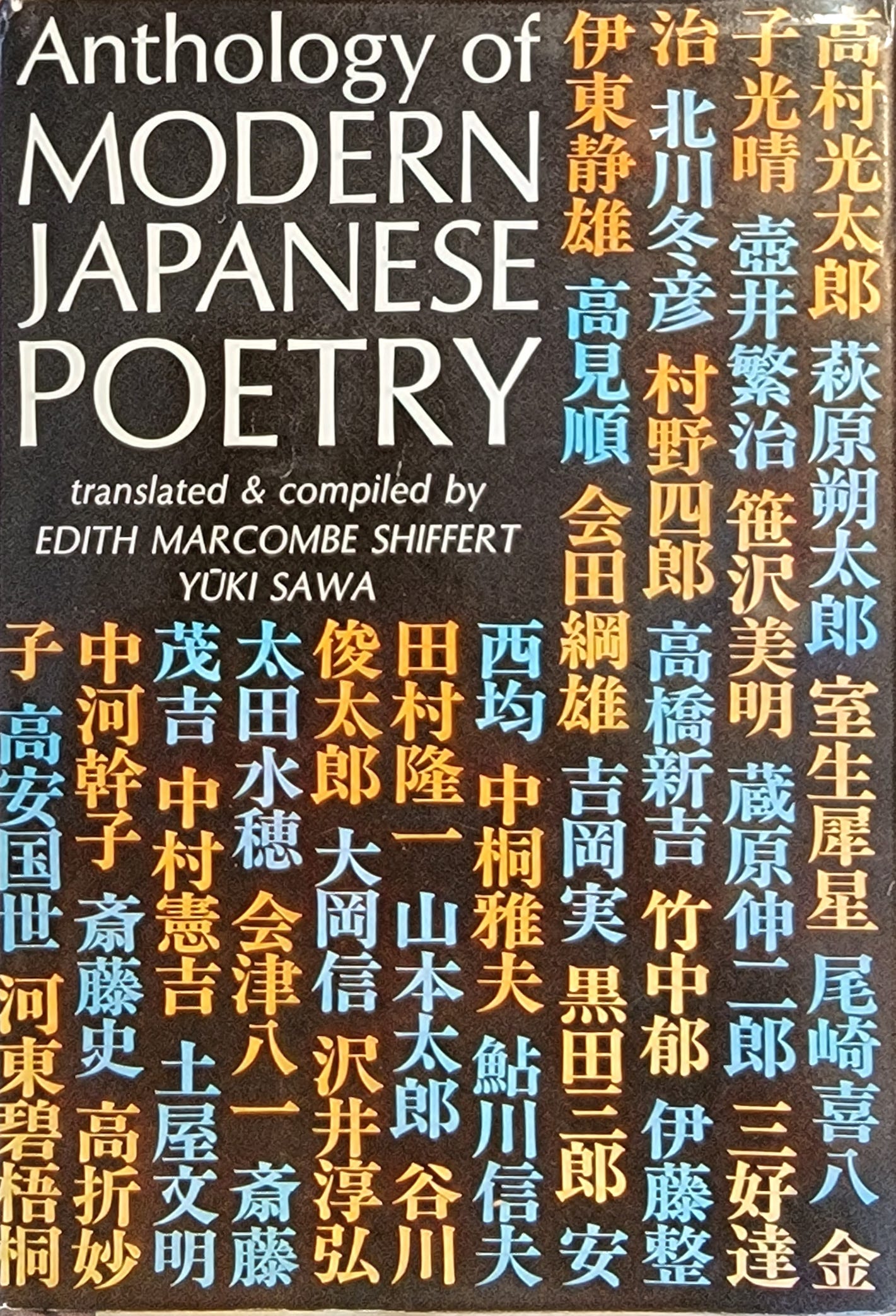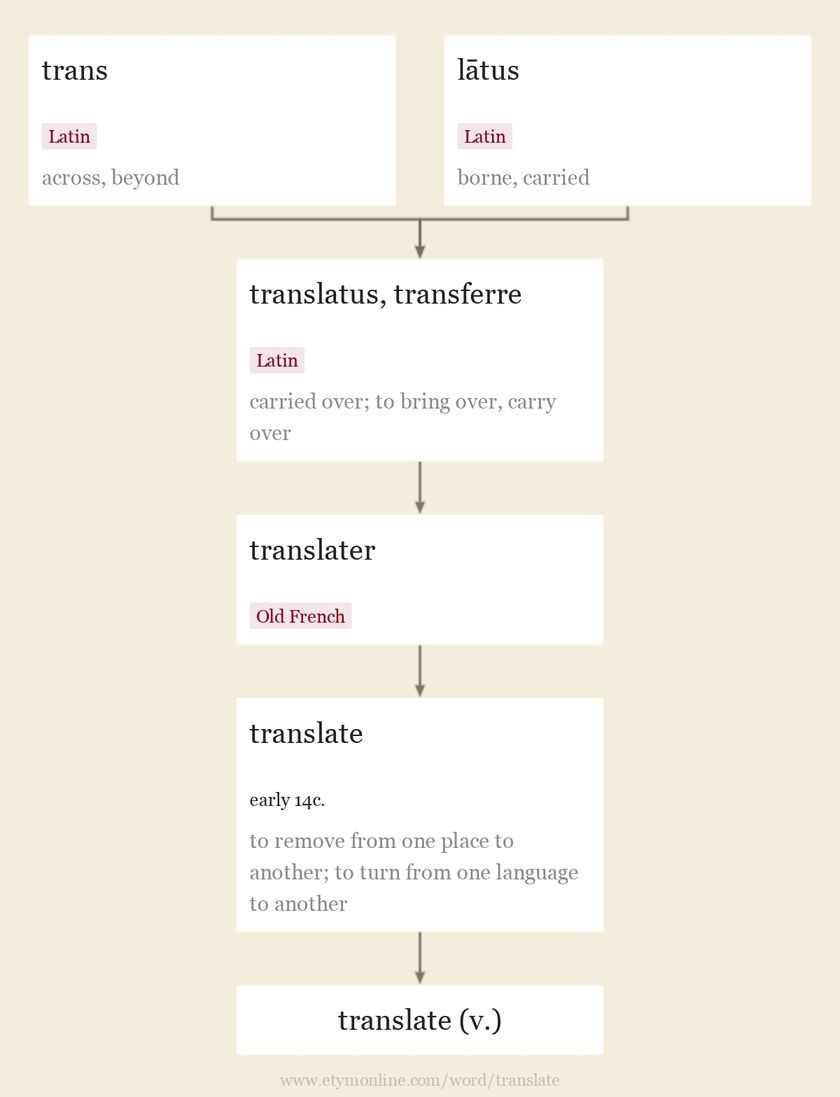Laufey— dinner music, study music, driving music, love music—etc. music
Out goes yet another fist bump to the podcast, Song Exploder, for inspiring this installment.
And, for further exploding my world by introducing a knockout artist who now dominates the airwaves of my home—who everyone in my family digs: wife, kids, grandma; even the cat and dog.
Song Exploder is created and produced by fellow Substacker,
.Episode 259 introduces us to Laufey, who shares her insights into the creation of her bossa nova-inspired hit song “From the Start.”
An Icelandic-Chinese jazz and classical artist, day by day, Laufey is singularly waking up these sometimes sleepy genres and making them accessible to younger generations.
Laufey, pronounced lāy-vāy, is a 24 year-old mega-talent, playing multiple instruments—cello, piano, guitar, etc.—with an equally bewitching voice.
In fact, her latest album, Bewitched, exemplifies the sounds of bygone jazz and classical greats, while, lyrically, presenting a point of view of a modern day twentysomething.
The album became the biggest debut jazz album in Spotify history and also won a Grammy in 2024 for "Best Traditional Pop Vocal Album.”
🎼
“As a musician, my goal is to bring jazz and classical music to my generation through a more accessible road.” —Laufey
🎼
In her episode of Song Exploder, Laufey offers a fascinating insight—the secret—into both her own mission: to reach her own generation through her art, while she also hints at one of the biggest reasons why Taylor Swift has achieved such acclaim.
Laufey says:
Growing up, I listened to almost only classical and jazz music. And then Taylor Swift. And looking back, I’m like why was it specifically Taylor Swift? And it’s because she wrote these lyrics that were quite literal and quite relatable. I wanted to hear that within the music I made.
The day she released “From the Start,” the song received a million streams.
While talent is of course a requirement, what matters most is how well an artist writes from the heart—this is the only formula for reaching true relatability (Laufey’s secret sauce).
It turns out, relatability is the golden ticket to a listener’s heart. That’s how fans are made out of listeners.
You relate to their heart; make a connection; make them feel.
Bravo, Laufey. 💘💘💘 You shot an arrow right through their hearts.
Oh, the burning pain
Listening to you harp on ‘bout some new soulmate’
“She’s so perfect, blah, blah, blah”
Oh, how i wish you’ll wake up one day
Run to me, confess your love, at least just let me say
That when I talk to you
Oh, Cupid walks right through
And shoots an arrow through my heart
—Lyrics: “From the Start”
Translation—I’m humbled to have my poem translated into Chinese
In mid-February I published a piece about writing as a human right, my hero Gao Zhisheng, and a poem I wrote inspired by Gao. To date, this is my most viewed article, which puts a big smile on my face.
The sense of accomplishment is twofold:
—It is a an ongoing desire of mine to raise awareness of Gao’s story—doing this offers a certain sense of satisfaction I can hardly describe. It helps me realize how small I am. But, also, how powerful any human voice can be.
—It is an an honor and pleasure to have a poem published which directly touches on an important human rights cause. There is a special form of joy when creativity and the heart’s passion to do something greater than oneself overlap.
And now,
I have another joy to share—a big one.
—I’m both surprised and humbled to find myself involved in the great poetic tradition of translation. This, I never would have imagined happening to a little poet like myself.
Oh, no, I didn’t translate a poem. For I am but just a lowly monolinguist.
I am the lame white-guy husband in the Barbie movie who spends his free time on Duolingo.
Sure, I have learned some Spanish, French, and even some Chinese and Yiddish over the years.
But fluency in any of them is a land far, far away. A far-off cry nobody can hear.
I must thank Han Yiyan for making magic happen—for bearing across, carrying over; copying, translating.
After reading my piece on Gao, Yiyan reached out to me with an offering to translate my poem “Hero.”
Of course, I said YES!
And within a couple of days, Yiyan sent me back the following:
I was blown away, both at the speed of Yiyan’s work, but also at the interpretation of “Hero,” which was spot on.
Yiyan submitted our work to be published side-by-side and you can read it along with Yiyan’s interpretation of the poem in The Epoch Times (Chinese Edition).
And once more, Gao’s story is sent out into the world!
I was interested to discover Yiyan had also written a poem about Gao’s mother and the family’s difficult living conditions while Gao was growing up. It’s titled “Mother’s Cave.”
Some of Yiyan’s other poems and translations can be read here.
~Thank you Yiyan~
I had no idea what excitement and encouragement could come from having a poem translated.
As we are on the subject of poetry, I’d like to give one more shout out. A Substacker named
took it upon herself to anthologize a poetry library of Substack poets.If you are interested in taking a look, click here to view the LIBRARY.
Anthology of Modern Japanese Poetry—this book is precious.
Printed in Japan in 1972, and originally published by the Charles E. Tuttle Company, Inc., who now publishes under the name The Tuttle Publishing Company, and continues to follow their motto "Books to Span the East and West,” this is one of my most precious books.
This is a first edition, second printing hardback—it’s not irreplaceable—but I treat it like one of my children. When my wife places her coffee cup on top of its cover, I quickly remove it.
No, this book of poems does not talk back to me with an attitude, but rather speaks in soft, lovely whispers.
Yeah, it’s basically a perfect child.
When times are tough, I go back to it. When times are great, I go back.
I go back, ok. It’s what you do when you love something.
As a writer, I can’t tell you how many times this book has brought me inspiration when stuck. There is something about translated work from the east—ancient or modern—that just snaps our mind into a different realm of thought.
A poem I re-read often is “Song of a Jellyfish” by Mitsuharu Kaneko (b.1895-1975).
This poem blows me away every time. Aren’t we all this jellyfish, swaying, swaying?
"tossing, tossing pain’s / fatigued shadow which is all that it is !”
I live on the Gulf of Mexico. I see jellies. I can barely see them without thinking of lines from this poem.
Will I find a toothbrush inside them? Will I find their soul?
No, but I know there is something secret and special inside each of them, and I can’t help but think of their “opening wisteria-purple, / night after night / burning a lamp.”
I want to burn a lamp like that. Don’t you?
Regardless, we are all in it together, swaying, swaying.
Here are two more: “A Man Sharpening a Knife” by Kotaro Takamura (1883-1956) and “Horse on a City Street” by Shiro Murano (b.1901-1975)
I’ll give you one thing to chew on (like a horse) for each poem:
1.
This man is simply endless.
Is he pursuing the nth degree?
He is not endless. He is simply endless. There is a big difference. Recognize it! 🙃
2.
Here
is a transparent hell
where everything evaporates
The only thing to do now is to start saying when you get agitated: “What the transparent hell!”
There is no more “What the hell!” OK!?
Recognize it!
Just kidding, I’m not mad. But hell is transparent.
Weekly Word—
I want to dig a bit deeper into translation. I hope you don’t mind.
✒️
“The difference between the right word and the almost right word is really a large matter — it’s the difference between lightning and a lightning bug” — Mark Twain
✒️
Translate:
This week, we’ll rely on etymonline.com.
early 14c., "to remove from one place to another," also "to turn from one language to another," from Old French translater and directly from Latin translatus "carried over," serving as past participle of transferre "to bring over, carry over" (see transfer), from trans "across, beyond" (see trans-) + lātus "borne, carried" (see oblate (n.)). Related: Translated; translating. A similar notion is behind the Old English word it replaced, awendan, from wendan "to turn, direct" (see wend).
also from early 14c.
One online poetry journal I recently discovered I would like to share is Modern Poetry in Translation. This journal has an exclusive focus on translation.



















Thank you for the mention! Also for such an interesting post!